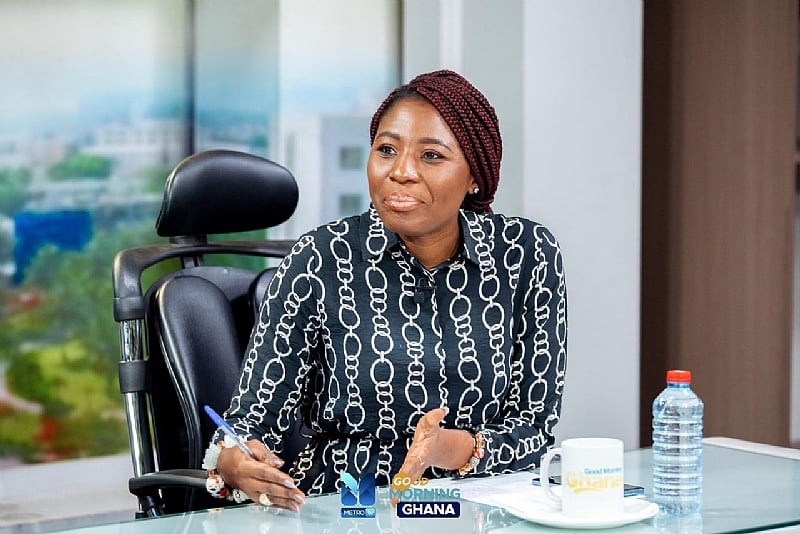Ghana’s current socio-political landscape is fraught with escalating tensions and unresolved disputes that demand immediate government intervention. Tabitha Ayillah, a member of the ruling New Patriotic Party’s communication team, has voiced her growing concern over these challenges, emphasizing the potential for these localized conflicts to destabilize the nation and negatively impact Ghana’s Global Peace Index. Her call to action highlights the urgent need for proactive measures to mitigate the risks and ensure the safety and security of all Ghanaians, particularly women and children who often bear the brunt of such crises.
Ayillah points to several key areas of concern, including the pervasive issue of chieftaincy disputes, which number over 502 across the country. These disputes, often rooted in complex historical claims and power struggles, can quickly escalate into violence and disrupt community harmony. The sheer number of these unresolved disputes underscores the need for a robust and effective framework for conflict resolution and mediation, one that addresses the root causes and promotes lasting peace. Furthermore, the government must invest in strengthening local governance structures and empowering traditional authorities to manage these conflicts constructively.
Another pressing issue highlighted by Ayillah is the recent violent confrontations between illegal miners (galamseyers) and the military, particularly in areas like Obuasi and Tontokrom in the Ashanti region. The clash between these two groups underscores the complex interplay of economic desperation, environmental degradation, and security concerns. The illegal mining activities not only pose significant environmental risks but also contribute to social unrest and conflict. Government intervention is crucial to address the underlying socio-economic factors that drive individuals towards illegal mining, while simultaneously enforcing environmental regulations and ensuring the safety of communities affected by these activities.
The recent Gbiniyiri conflict in the Savannah Region, triggered by a land dispute, serves as a stark reminder of the devastating consequences of unchecked tensions. The conflict, which has claimed over 30 lives and displaced nearly 50,000 residents, underscores the fragility of peace and the urgent need for proactive conflict resolution mechanisms. The displacement of thousands, including those seeking refuge in neighboring Ivory Coast, highlights the humanitarian crisis unfolding and the need for immediate intervention to provide essential aid and support to those affected. This situation further underscores the importance of addressing land disputes effectively and promoting peaceful co-existence among communities.
Ayillah’s concerns are not merely a reflection of isolated incidents but rather point to a broader trend of escalating tensions and unresolved conflicts across Ghana. These challenges, if left unaddressed, can have a ripple effect, undermining national security, economic stability, and social harmony. The government must adopt a multi-faceted approach that combines proactive conflict resolution, effective law enforcement, community engagement, and addressing the underlying socio-economic factors that contribute to these tensions.
The call for government intervention is not a call for fear-mongering but rather a plea for proactive measures to safeguard the peace and stability of Ghana. As Ayillah emphasizes, women and children are particularly vulnerable in such situations, highlighting the human cost of conflict and the moral imperative to prioritize their safety and well-being. Responding to these challenges demands leadership, commitment, and a comprehensive strategy that addresses both the immediate concerns and the underlying root causes of conflict. The government must act decisively to ensure that Ghana remains a haven of peace and stability for all its citizens.


